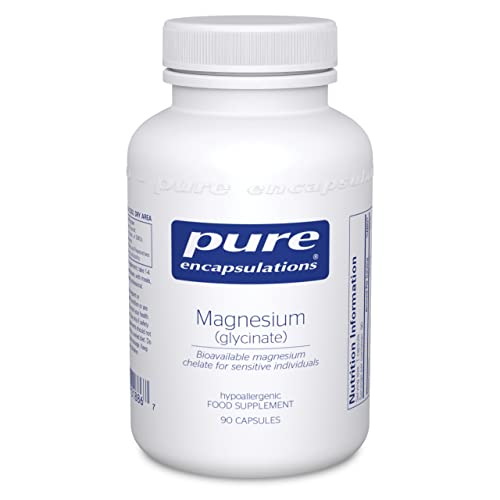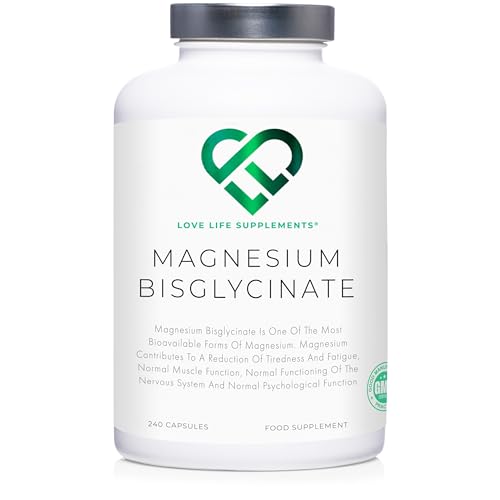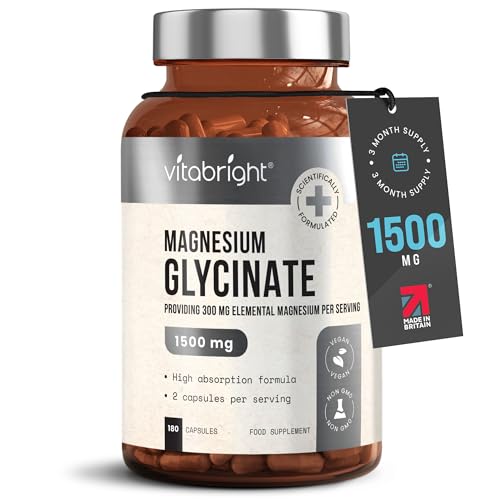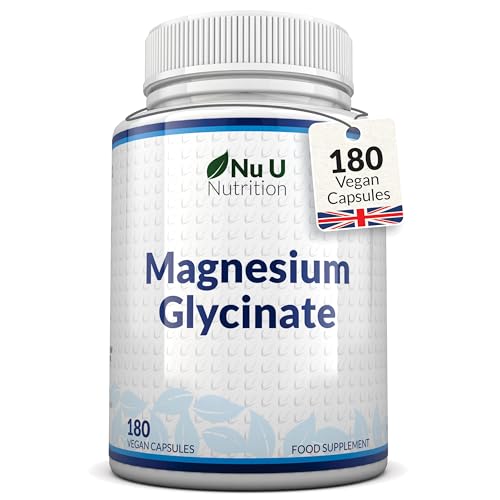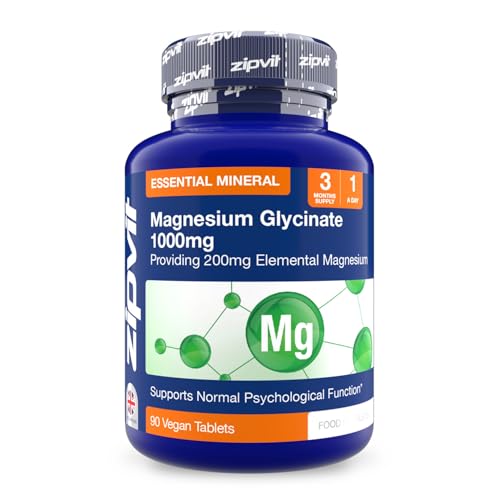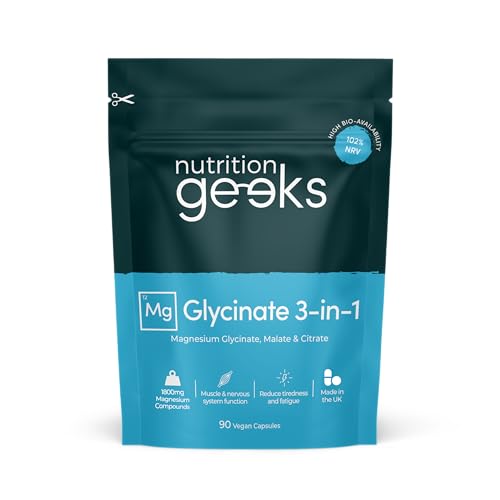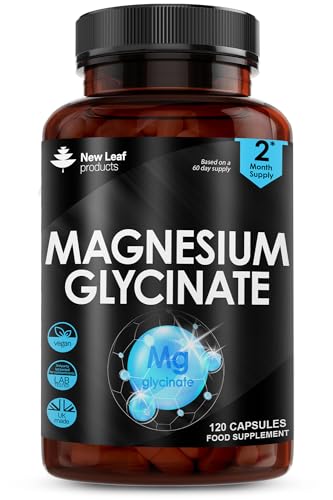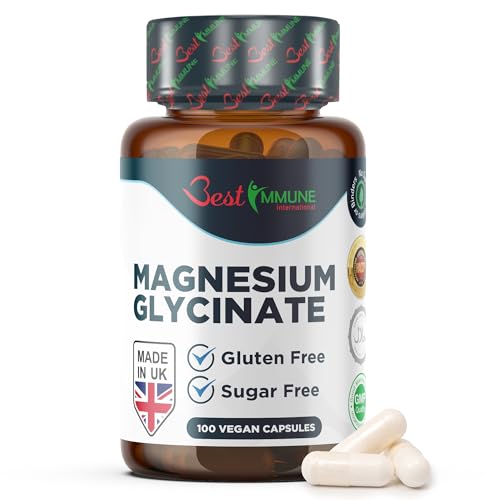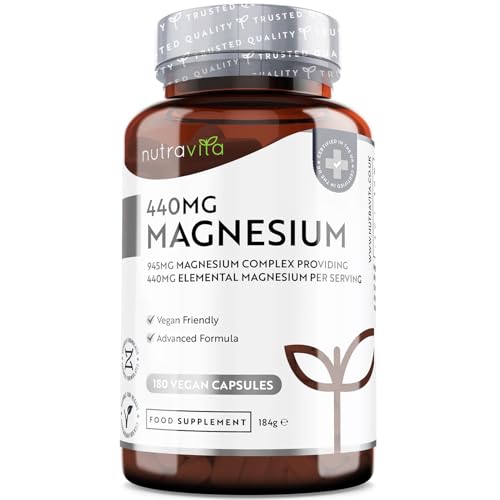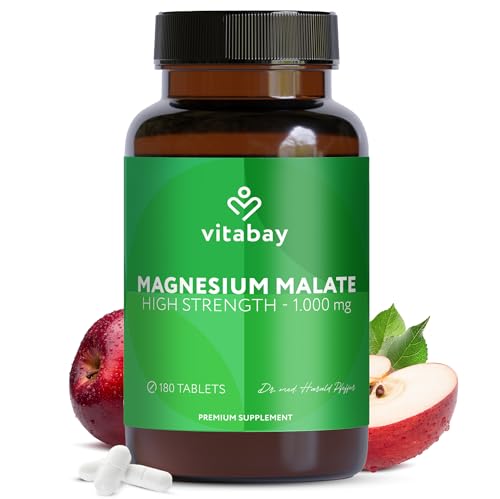Understanding Magnesium Glycinate: What It Is and Why It Matters
Defining Magnesium Glycinate
Magnesium glycinate is a supplement derived from magnesium combined with glycine, an amino acid. This combination not only enhances magnesium’s absorption in your body but also reduces potential digestive discomfort often associated with other forms of magnesium. It’s particularly beneficial for those seeking to improve their overall magnesium levels while also aiding in their relaxation and sleep quality.
Why Magnesium Is Important
Magnesium plays a crucial role in numerous bodily functions, including energy production, muscle contraction, nerve signaling, and maintaining healthy bones. Despite its importance, many people do not receive adequate magnesium from their diets. Incorporating magnesium glycinate can be a straightforward solution to help bridge this nutritional gap, ensuring we maintain optimal health.
Benefits of Magnesium Glycinate: A Path to Better Health
Enhanced Sleep Quality
One of the standout benefits of magnesium glycinate is its ability to promote better sleep. Many individuals find that taking this supplement in the evening helps them fall asleep faster and improves sleep quality, making us feel more rested in the morning.
Reduced Anxiety Levels
Research suggests that magnesium can help alleviate symptoms of anxiety. Magnesium glycinate, in particular, is noted for its calming effects, which can help us manage stress and anxiety more effectively, leading to improved mental health.
Muscle Relaxation and Recovery
If we’re active or engage in regular exercise, magnesium glycinate can be particularly advantageous for muscle recovery. It aids in muscle relaxation and can help reduce cramps and tension, allowing us to recover more effectively after workouts.
How to Choose the Right Magnesium Glycinate Supplement
Check the Ingredient List
When selecting a magnesium glycinate supplement, we should start by examining the ingredient list. Look for high-quality products that only contain necessary and pure ingredients, free from unnecessary fillers or additives. This ensures we’re getting the most benefit from our supplement.
Consider the Form of the Supplement
Magnesium glycinate is available in various forms, including capsules, tablets, and powders. We should choose a form that suits our lifestyle and preferences. If we prefer convenience, capsules might be the best option, while powders may offer flexibility in dosage.
Look for Third-Party Testing
Although we are not focusing on certifications or seals, it’s advisable to look for products that undergo third-party testing. This can provide us with confidence in the supplement’s potency and purity, ensuring we’re making a safe choice.
Recommended Dosages for Effective Use
Establishing a Daily Routine
For most adults, a common recommendation for magnesium glycinate dosage is between 200 to 400 mg per day, depending on individual needs and dietary intake. We can incorporate this supplement into our daily routine, perhaps taking it in the evening to aid sleep.
Adjust Based on Personal Needs
It’s essential to listen to our bodies and adjust dosages based on how we feel. If we notice improvements in sleep and relaxation with a specific dosage, we can continue with that amount. However, if additional support is needed, consulting a healthcare professional can help recalibrate our intake.
Tips for Maximising Your Magnesium Glycinate Experience
Take with Food for Best Absorption
To enhance absorption, we recommend taking magnesium glycinate with a meal. This not only helps our bodies utilise the supplement effectively but can also reduce any potential digestive discomfort.
Stay Consistent
Consistency is key when it comes to seeing the benefits of magnesium glycinate. We should aim to take our supplement regularly to experience its full advantages over time, forming it as a part of our wellness regimen.
Monitor Your Body’s Response
It’s important to pay attention to how our bodies respond to magnesium glycinate. Keeping a journal of our sleep, stress levels, and overall well-being can help us determine if adjustments in dosage or timing are needed for optimal results.
